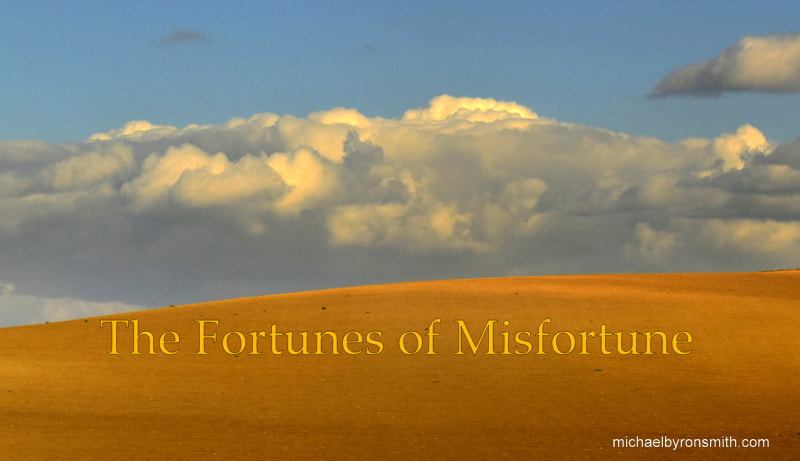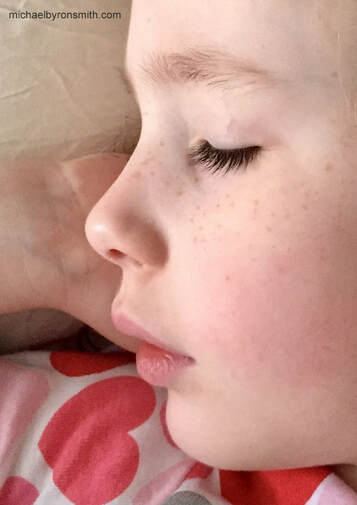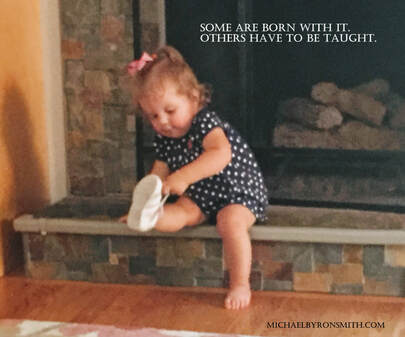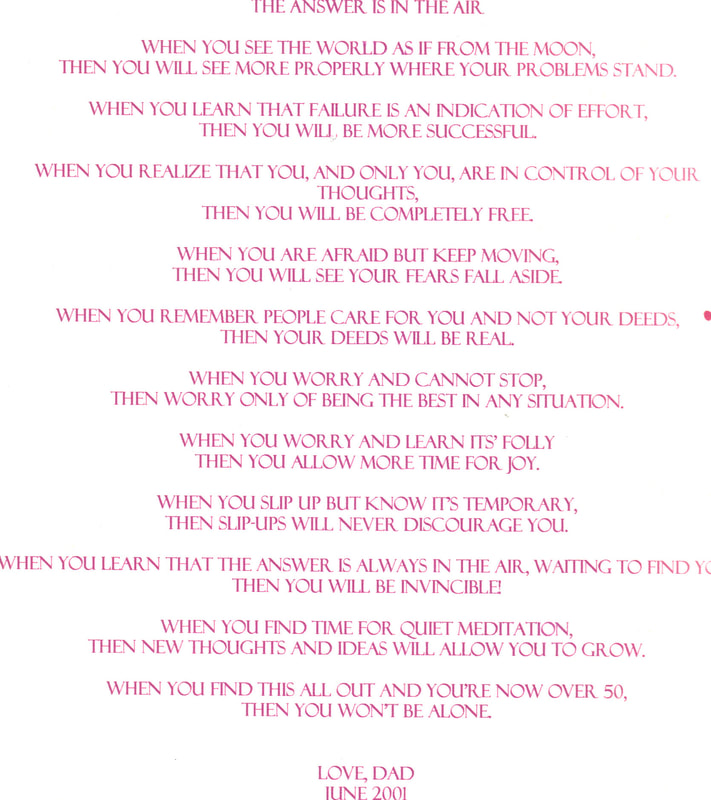- A few thoughts from “The Power of Dadhood – How to Become the Father Your Child Needs”.
- Some things to consider and think about as an involved father - a real Dad!
- Remember, you are the first and only true superhero to your child. This book is your superhero manual!

2. Fathers enable joy to their children through their support and protection.
3. Start fathering with your child’s first breath.
4. Fathers are examples of masculinity to their sons. They watch you like a hawk!
5. A father is the first man in his daughter’s life. She will believe what you tell her whether complimentary or degrading. Make yourself a standard for your daughter to judge the other men in her life.
6. Fathers teach by their actions, and they should always be aware of that fact.
7. A dad needs to be loving, available, caring, interested, and involved, as well as a nurturing teacher, disciplinarian, coach, cheerleader, and so much more.
8. A better society starts with dads being involved. This act will reduce crime, poverty, mental illness, teen births, and so much more!
9. Only a father can love his children as deeply as their mother does.
10. Only a father can make you embarrassed and proud at the same time.
11. Children learn differently and they learn different things from their dads. That is very important!
12. There is nothing wrong with a man who decides he doesn’t want to be a father. But take proper precautions not to become one.
13. In a society where few fathers engage with their children, the following issues explode:
- Child abuse
- Education issues
- Poverty
- Crime
- Emotional and behavioral issues
- Inappropriate sexual activity involving minors
14. Society cannot replace good parenting.
15. A good father teaches his child how to deal with peer pressure, both good and bad.
16. A good father teaches his children how not to be a victims and supports good attitudes.
17. There are many obstacles to being a good father (time, fear, everyday life, personality, etc.). However, when an obstacle involves your child, you must overcome it.
18. The most important thing to do as a father? Be there! In mind and spirit.
19. Being a father does not mean giving up on your interests. It does not require 24/7 of your life.
20. Really listen to your children! Observe. Be aware. React when necessary but give them room to figure things out on their own.
21. Be as consistent and reliable as the sunrise. The first rule of trust and respect.
22. Fathers encourage. They encourage self-reliance, imagination, integrity, ethical behavior, education, etc.
23. Before you help your child with any task, ask yourself this question, “Will my help make them stronger or weaker?”
24. There are seven characteristics of a successful father. Accomplishing them will bestow upon you the most honored of all titles...“Dad”!
- Be Involved
- Be Principled
- Be Consistent
- Be Loving
- Be Fun
- Be Balanced (in all the above)
- Be Passionate (in your Dadhood)
Note: Are you the best dad you could be? Appendix B of my book will help you determine how you can be even better. Take the challenge - I expect you'll find you're an even better dad than you thought you might be!
















